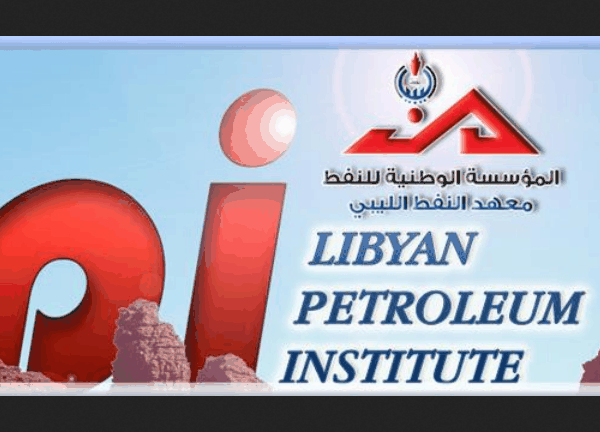Bloomberg reports that Libya is considering issuing bonds to finance big increases in oil refining and chemical production, forecast to cost $60 billion.
Mohamed Alloub, chairman of the state-run Libyan Petroleum Institute, told the news agency that Islamic debt is one of the options being considered.
Libya may have to pay more than 6 percent to raise the funds, which compares to 2.3 percent (185 basis points over Libor) for a similar venture in Saudi Arabia.
The country is planning to boost refining capacity to 1 million barrels a day, from a current level of 380,000 bpd, to meet growing domestic fuel demand.
Libya passed a law this year to ban non-Shariah-compliant banking by 2015. According to the report, the average yield on Islamic bonds from borrowers in the oil-producing Gulf Cooperation Council (GCC) was 3.87 percent, according to HSBC/Nasdaq Dubai indexes, compared with 4.57 percent on non-Islamic debt in the Middle East.
Central Bank Governor Saddek El Kaber [Saddek Omar Elkaber] told Bloomberg that the government is progressing toward seeking a credit rating from Standard & Poor’s, and has appointed a company to assist in the process.
Giyas Gokkent, Chief Economist of National Bank of Abu Dhabi, says Libya would qualify for a rating of BBB, or S&P’s second-lowest investment grade, provided security conditions improve.
(Source: Bloomberg)





